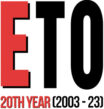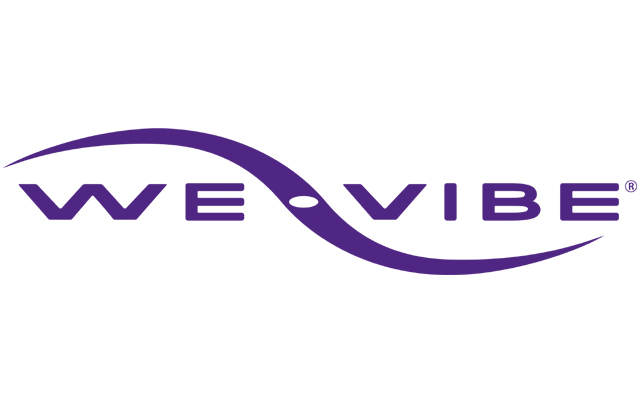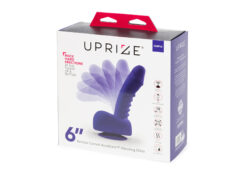The US International Trade Commission has ruled in favour of Standard Innovation Products, creators of the We-Vibe range, in investigation number 337-TA-823 and issued a general exclusion and cease and desist order against a number of Lelo products which were judged to infringe Standard Innovation’s patents.
The ITC ruling – which can be seen here – prohibits the import, sale, marketing, advertising, distribution, offer for sale, transfer (except for exportation), and solicitation of US agents or distributors in the United States for all infringing Lelo products, including Tiani, Tiani 2 and PicoBong Mahana, and any other infringing products, including those not named in the investigation.
“Seeing We-Vibe officially acknowledged as truly innovative and having its patent legally upheld is the best news I can imagine,” said Bruce Murison, inventor of We-Vibe. “More than a decade of my life went into creating this product, and today my family and I can celebrate knowing its uniqueness has been recognized.”
“The We-Vibe team is extremely pleased by the Commission’s ruling,” said Danny Osadca, CEO of Standard Innovation. “We can now get back to what We-Vibe does best, inventing and bringing to market premium, body-safe sexual health products. Thank you to our loyal partners. We greatly appreciate the support you have given us throughout this case. We are also sincerely grateful to the ITC for allowing us to engage in this process.”
The ITC, a US government agency, issued the order following its final determination that Standard Innovation’s US Patent No. 7,931,605 is valid, that certain Lelo products, including Tiani, Tiani 2 and PicoBong Mahana, infringe more than 65 claims of that patent, and that the ITC domestic industry requirement is satisfied. The ITC has not yet released its detailed opinion; however, Standard Innovation will comment further upon receipt. The order is subject to a 60-day Presidential review process.
Legal actions for patent infringement remain ongoing in Canadian Federal Court and the US District Court for the Southern District of Texas, where Standard Innovation will seek damages, a remedy not available in the ITC proceeding. Although the ITC verdict only applies to America, Osadca said that in addition to the previously mentioned lawsuits, Standard Innovation will “continue to pursue legal actions against those parties who attempt to market and sell products that infringe our intellectual property rights worldwide.”
Lelo described the ITC verdict as “a clear setback for the American consumer, and the industry as a whole.”




![20 years of ETO: Harmony, Charing Cross Road, London [reprinted from issue 1, July 2003]](https://www.erotictradeonly.com/wp-content/uploads/2023/08/NEWS_20YEARS_HARMONY_ISSUE1-238x178.jpg)











